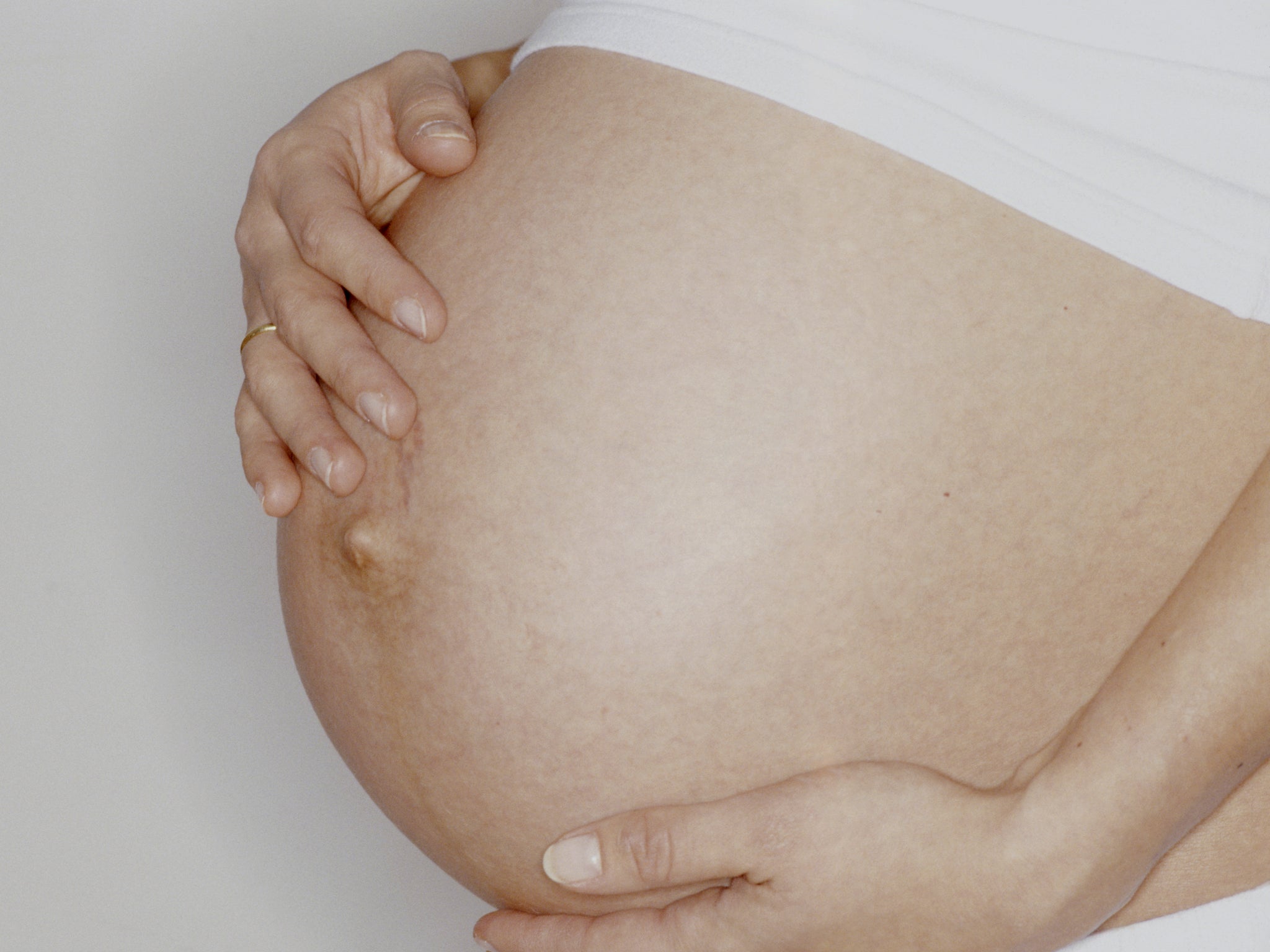Swedish women have world's first mother-to-daughter uterus transplants

Your support helps us to tell the story
From reproductive rights to climate change to Big Tech, The Independent is on the ground when the story is developing. Whether it's investigating the financials of Elon Musk's pro-Trump PAC or producing our latest documentary, 'The A Word', which shines a light on the American women fighting for reproductive rights, we know how important it is to parse out the facts from the messaging.
At such a critical moment in US history, we need reporters on the ground. Your donation allows us to keep sending journalists to speak to both sides of the story.
The Independent is trusted by Americans across the entire political spectrum. And unlike many other quality news outlets, we choose not to lock Americans out of our reporting and analysis with paywalls. We believe quality journalism should be available to everyone, paid for by those who can afford it.
Your support makes all the difference.Two Swedish women are carrying the wombs of their mothers after the world's first mother-to-daughter uterus transplants.
Specialists at the University of Gothenburg completed the surgery over the weekend without complications.
They were waiting until the women get pregnant to consider the procedures a success, they said. Michael Olausson, one of the Swedish surgeons, told the Associated Press: "That's the best proof."
He said the daughters started in-vitro fertilization, or IVF, before the surgery. After a waiting period of a year, their wombs will be implanted with their embryos created by fertilising their harvested eggs with their partners' sperm. The embryos have been frozen but each woman would only be allowed to have two pregnancies, Olausson said. The wombs would then be removed.
The university said one recipient had her uterus removed many years ago due to cervical cancer and the other was born without a uterus. The women are aged 32 and 37 and have not been named. Their mothers were chosen as donors because they were good tissue matches and their wombs had already proved they were capable of carrying at least one child to term.
"Both patients that received new uteri are doing fine but are tired after surgery. The donating mothers are up and walking and will be discharged from the hospital within a few days," team leader Mats Brannstrom said in a statement.
The team plan to carry out a further eight womb transplants.
Turkish doctors last year said they performed the first successful uterus transplant, giving a womb from a deceased donor to a young woman. Olausson said that woman was doing well, but he wasn't sure whether she had started undergoing fertility treatment.
In 2000, doctors in Saudi Arabia transplanted a uterus from a live donor, but it had to be removed three months later because of a blood clot.
Scott Nelson, chair of obstetrics and gynaecology at the University of Glasgow, called the Swedish transplants a "huge step" but stressed it remained to be seen whether they resulted in successful pregnancies.
"In terms of the risk to the pregnancy, the greatest concerns are the placenta not developing normally, the baby not growing properly and being born prematurely," said Nelson, who was not involved with the transplants. "Pre-term birth is a major risk, ie a small baby being born, that's what you'd mainly be worried about."
AP
Join our commenting forum
Join thought-provoking conversations, follow other Independent readers and see their replies
Comments